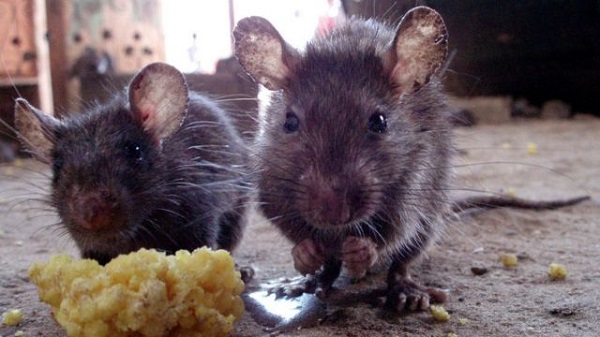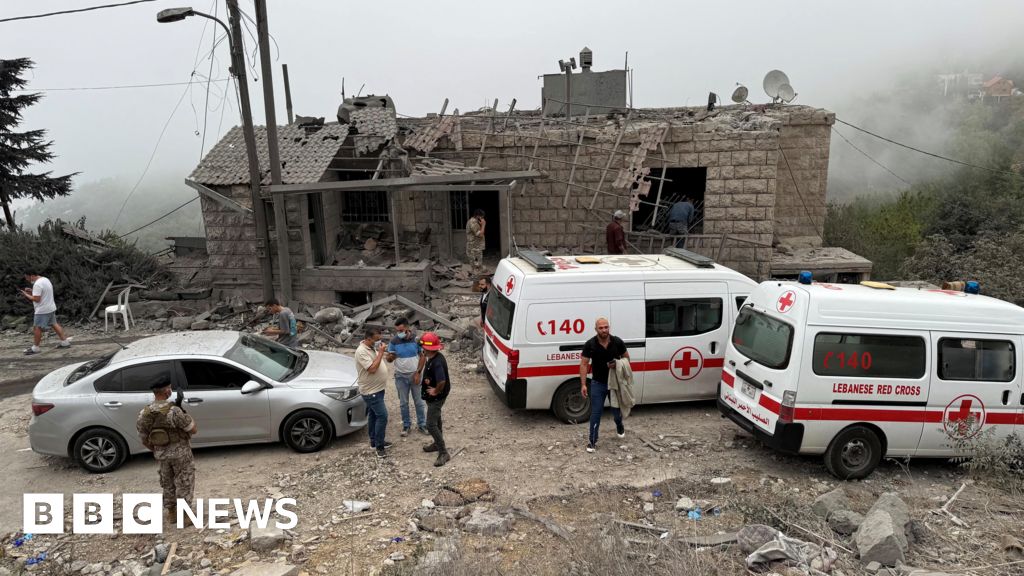Place your adverts here on InfoDig @ low rates; banner ads, sponsored links and guest articles etc. Contact us
 Lassa Fever Rats.
Lassa Fever Rats.Nigeria Centre for Disease Control and Prevention (NCDC) has called for public caution after a surge in Lassa fever cases in Ondo and Edo states.
The NCDC reported nine new infections in both states during week 39 of 2024, marking an increase in the previous week’s four confirmed cases and bringing the total number of cases this year to over 1,018 across 28 states.
According to the NCDC’s latest Lassa Fever Situation Report, the new cases raise concerns about the spread of the virus, particularly in the two states that have consistently accounted for the majority of infections. Ondo and Edo, along with Bauchi, have collectively contributed to 68 per cent of the total confirmed cases in 2024. The agency also noted a slight increase in the case fatality rate (CFR), now standing at 16.9 per cent, compared to 16.8 per cent during the same period in 2023.
The NCDC attributes the rise in fatalities to the late presentation of cases, poor health-seeking behaviour and inadequate environmental sanitation in high-burden communities. Despite nationwide efforts to curb the virus’s spread, these challenges continue to hinder Nigeria’s progress in reducing fatalities.
Age-wise, the most affected group remains those between 31 and 40 years, with an equal distribution between male and female patients. Notably, no healthcare workers were infected during this reporting period, a positive sign in the midst of escalating cases.
The NCDC emphasised the importance of early detection and timely medical attention to prevent the virus’s spread. Alongside the National Lassa Fever Technical Working Group (TWG), the agency continues to coordinate response activities, including sending alerts through the Nigeria Preparedness and Readiness Alert System (NPRAS) and bolstering risk communication efforts.
As part of its mitigation efforts, the NCDC has rolled out a series of interventions, including rodent control programs and increased community sensitisation on infection prevention and control (IPC) measures. The deployment of National Rapid Response Teams to hotspots like Ondo and Edo states is also underway.
Collaboration remains a key component of these efforts, with the NCDC working closely with partners such as the World Health Organisation (WHO), Médecins Sans Frontières (MSF) and the Nigerian Red Cross Society. Together, they aim to address critical gaps in Nigeria’s health system, particularly in terms of early diagnosis and community engagement.
The NCDC also highlighted ongoing efforts to secure funding for key preparedness activities, part of a broader five-year strategy to tackle Lassa fever. As the virus remains a significant public health threat, especially in light of climate change, the agency stressed the importance of public vigilance.
In light of the recent surge, the NCDC urged residents of affected states to maintain proper sanitation and seek immediate medical attention at the first sign of symptoms. As Lassa fever continues to pose challenges for the country, coordinated efforts between the government, health organisations and the public remain crucial in mitigating its impact.










)




 English (US) ·
English (US) ·